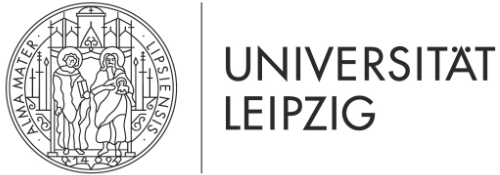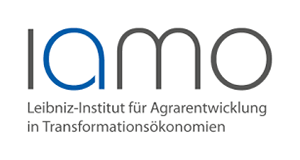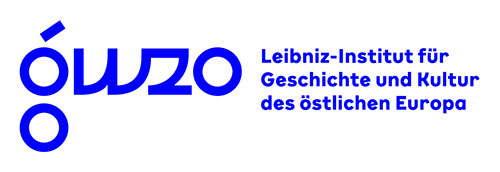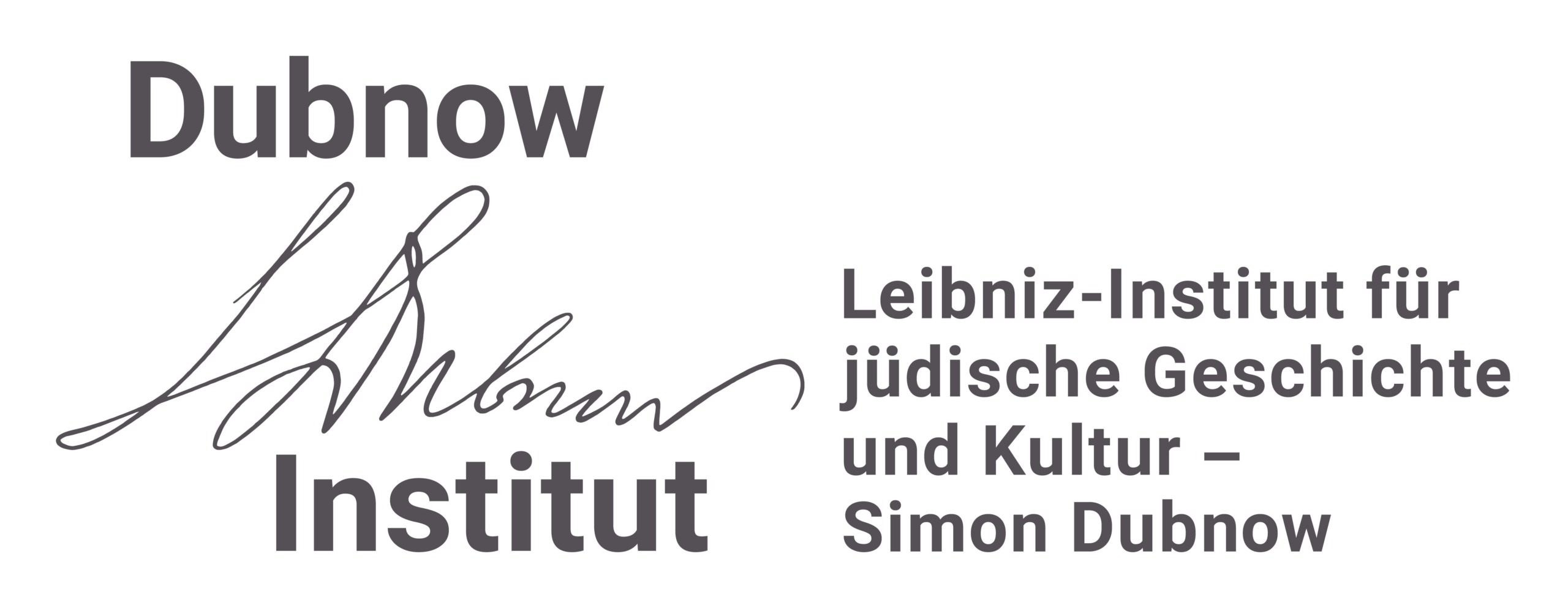Gregory Gan
Stay at EEGA: June – September 2024
Research Project: Affective architecture: Berlin’s Plattenbauten as a creative space for
postmigrant artists from former Soviet republics.
Dr. Gregory Gan has made research contributions in the fields of visual anthropology, urban anthropology, and postsocialism, with a focus on Russia and Eastern Europe. Gregory obtained his PhD at The University of British Columbia (2019), awarded an Outstanding Graduating Anthropology Student Award by the Canadian Anthropology Society. During his PhD, he developed a multimodal ethnographic installation created using “smart” objects, which traveled internationally to anthropology conferences and film festivals.
Gregory received training in ethnographic film in Canada at Toronto Metropolitan University (2007), and the Digital Research Centre for Qualitative Fieldwork at Memorial University of Newfoundland, 2008-2010. To date, he has created three feature films. “Turning Back the Waves“ (2010) recounts the history of the Soviet Union as told through the life stories of seven women. Gregory also took part in SoundImageCulture (2010) a nine-month master class in ethnographic filmmaking in Belgium, which resulted in the film “The Theory of Happiness” (2014). The film describes a sect working to uncover the secret to happiness using mathematical formulas, and it was nominated for Best Canadian Documentary at Hot Docs International Film Festival.
Most recently, Gregory held a postdoctoral position at CRC1171: “Affective Societies” at Freie Universität (2023-2024), preceded by a Social Sciences and Humanities Research Council of Canada fellowship (2021-2023). In both cases, Gregory applied visual anthropology methods to the study of the built environment, examining relations between affect and postsocialist architecture. Gregory also developed a prize-winning, animated ethnographic film, “Empathy for Concrete Things” (2023), presently screening at film festivals.
Current research titled “Affective architecture,” applies visual anthropology methods to the study of panel-block housing in former East Berlin, articulating the nuanced role postmigrant actors from the former Soviet Union play in shaping their apartments, their neighbourhood, and their city, thereby shaping a wider pluralistic society.
Recent publications are summarized here.








